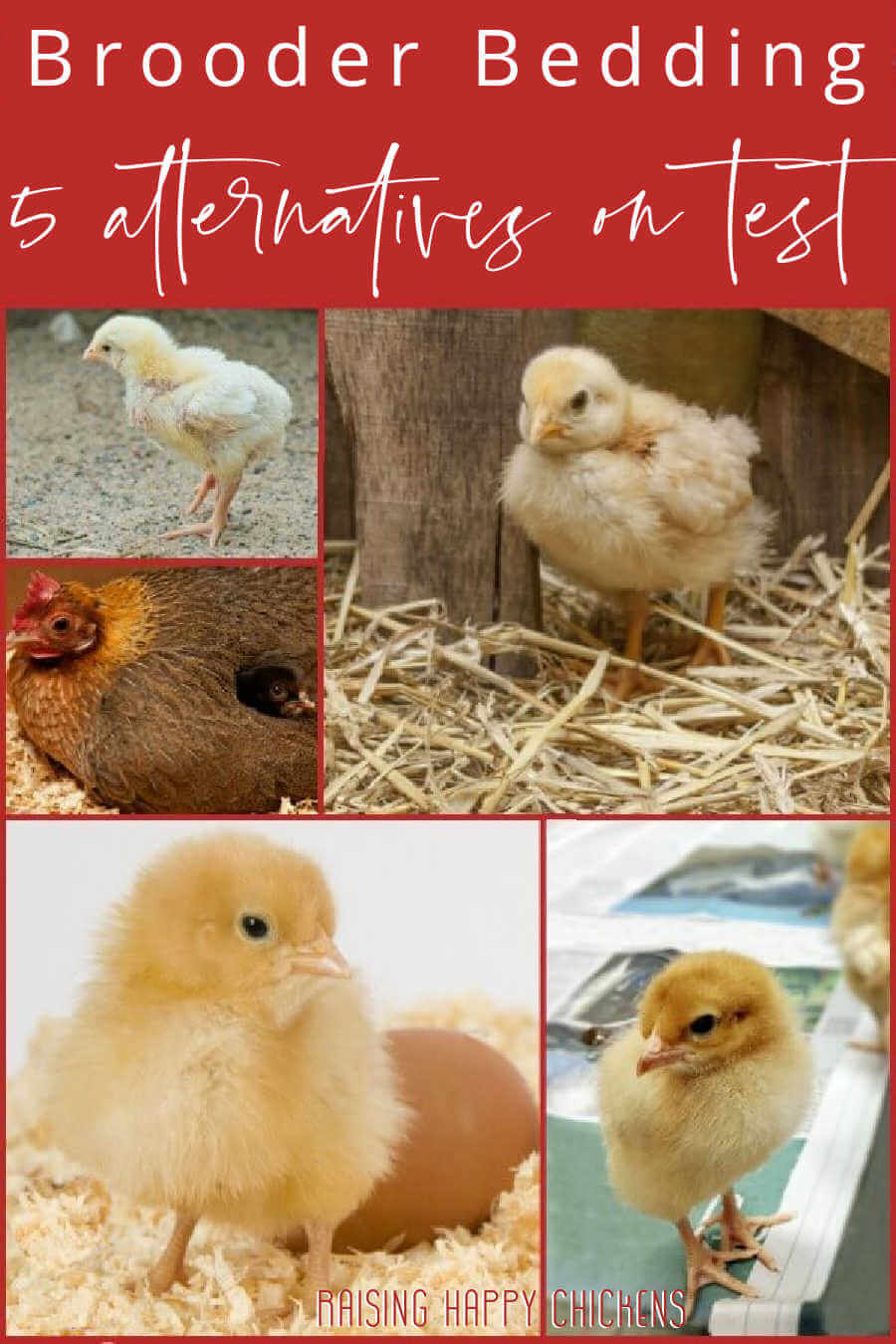As a chicken keeper, you have an important responsibility to care for your flock. One of the most important aspects of chicken husbandry is knowing what to do with old chickens. With the proper care and attention, chickens can live for many years, but eventually they will reach the end of their lifespan. Knowing what to do with old chickens can help ensure that your birds have a comfortable end-of-life and that you are doing the best for your flock. This article provides tips for chicken husbandry and outlines what to do with old chickens.
Benefits of Keeping Old Chickens
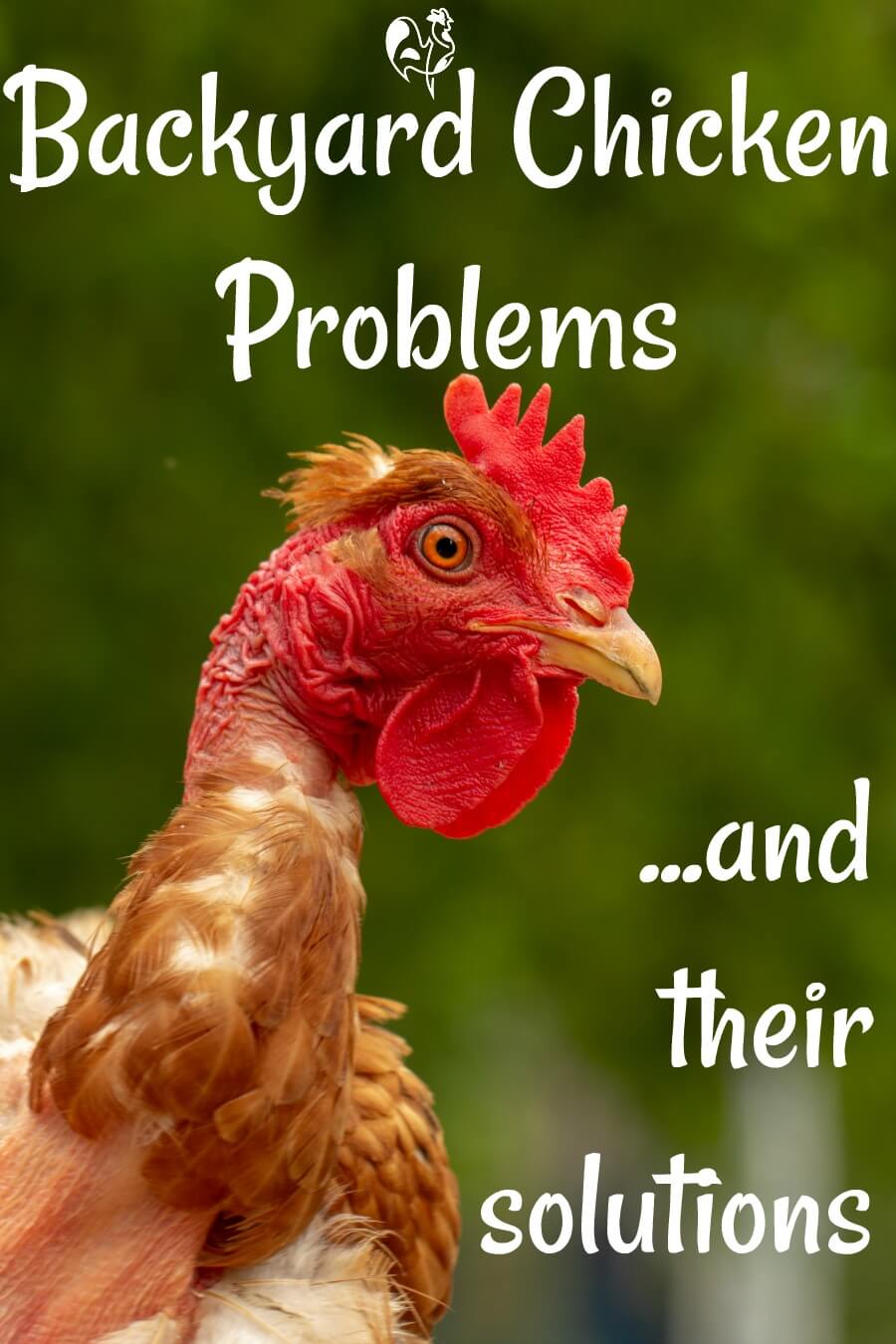
Economic Benefits
Keeping old chickens can be an economical decision. As they grow older and more experienced, they are able to lay more eggs and provide more meat. This means that you can save money on buying eggs and chicken meat from the grocery store. The money you save can be used to buy other things you need or to invest in other chickens.
Environmental Benefits
Older chickens are better for the environment because they use less feed and produce less waste than younger chickens. They also require less energy to keep, as they don’t need as much space or resources. By keeping old chickens, you can reduce your carbon footprint and help preserve natural resources. Additionally, older chickens can help with pest control, as they eat bugs and other pests from your garden.
Health and Safety Considerations for Old Chickens
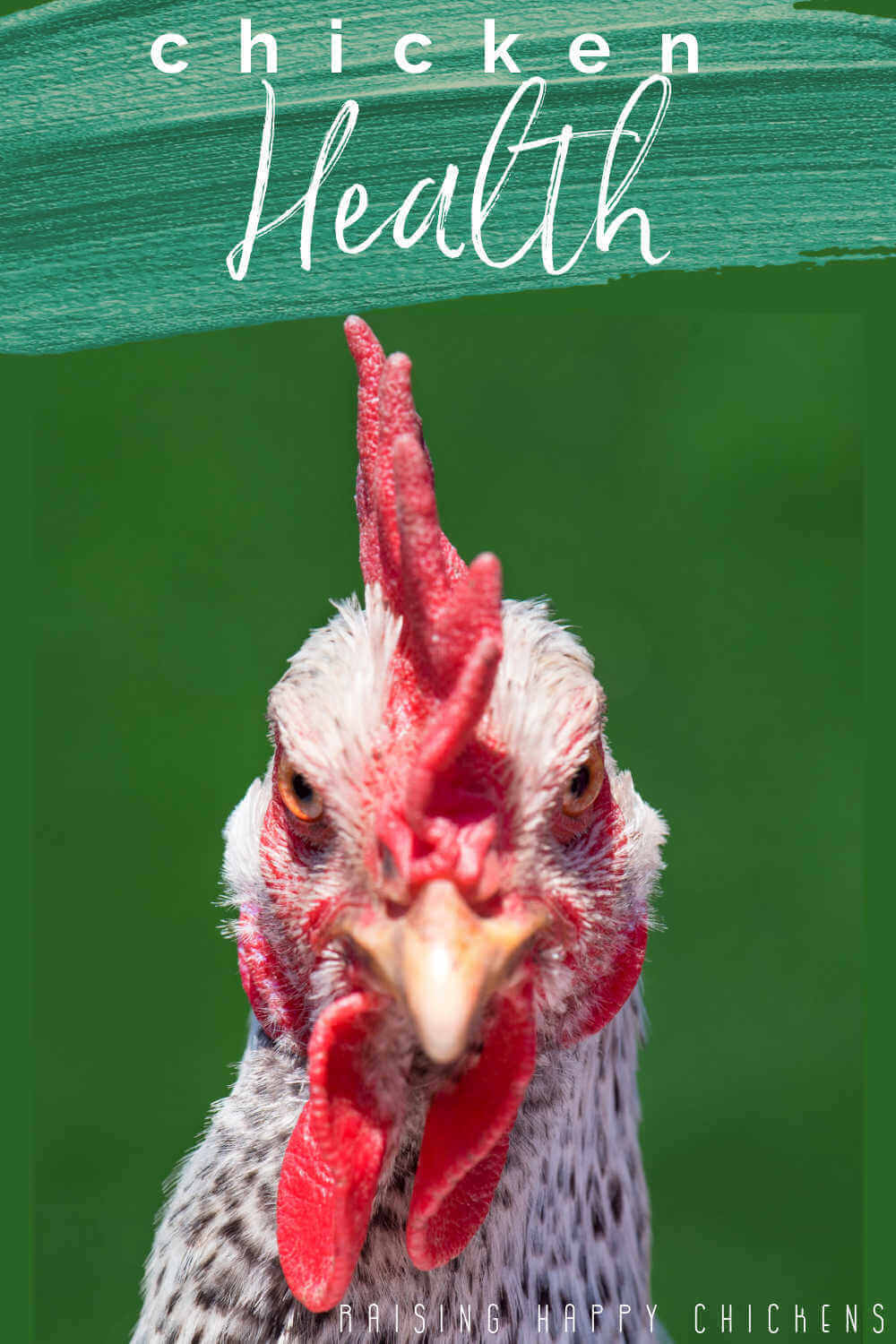
- Nutrition: Older chickens may have difficulty digesting high-protein feed, so it’s important to supplement their diets with foods that are lower in protein, such as fruits, vegetables, and grains. Avoid giving old chickens feed that may be too rich in calcium, as this can lead to health problems.
- Vaccination: Vaccination is important for the health of all chickens, but it is especially important for older chickens, as they may not have the same immunity as younger birds. Make sure to get your chickens vaccinated for any diseases that may be present in your area.
- Parasites: Older chickens are more susceptible to parasites, so it is important to regularly check your chickens for external parasites, such as mites and lice. If your chickens do have parasites, make sure to treat them with an appropriate product.
- Bedding: Make sure to provide your chickens with clean, dry bedding, as this will help keep them warm and comfortable. Also, make sure to keep the bedding dry, as wet bedding can lead to health problems.
- Cleanliness: It is important to keep the coop and run clean and free of debris. Cleaning out the coop and run regularly will help to prevent the spread of bacteria and parasites.
- Exercise: Older chickens may have difficulty getting around, so make sure to give them plenty of space to roam. Also, provide them with toys or other activities that will encourage them to stay active.
Feeding and Nutrition for Old Chickens
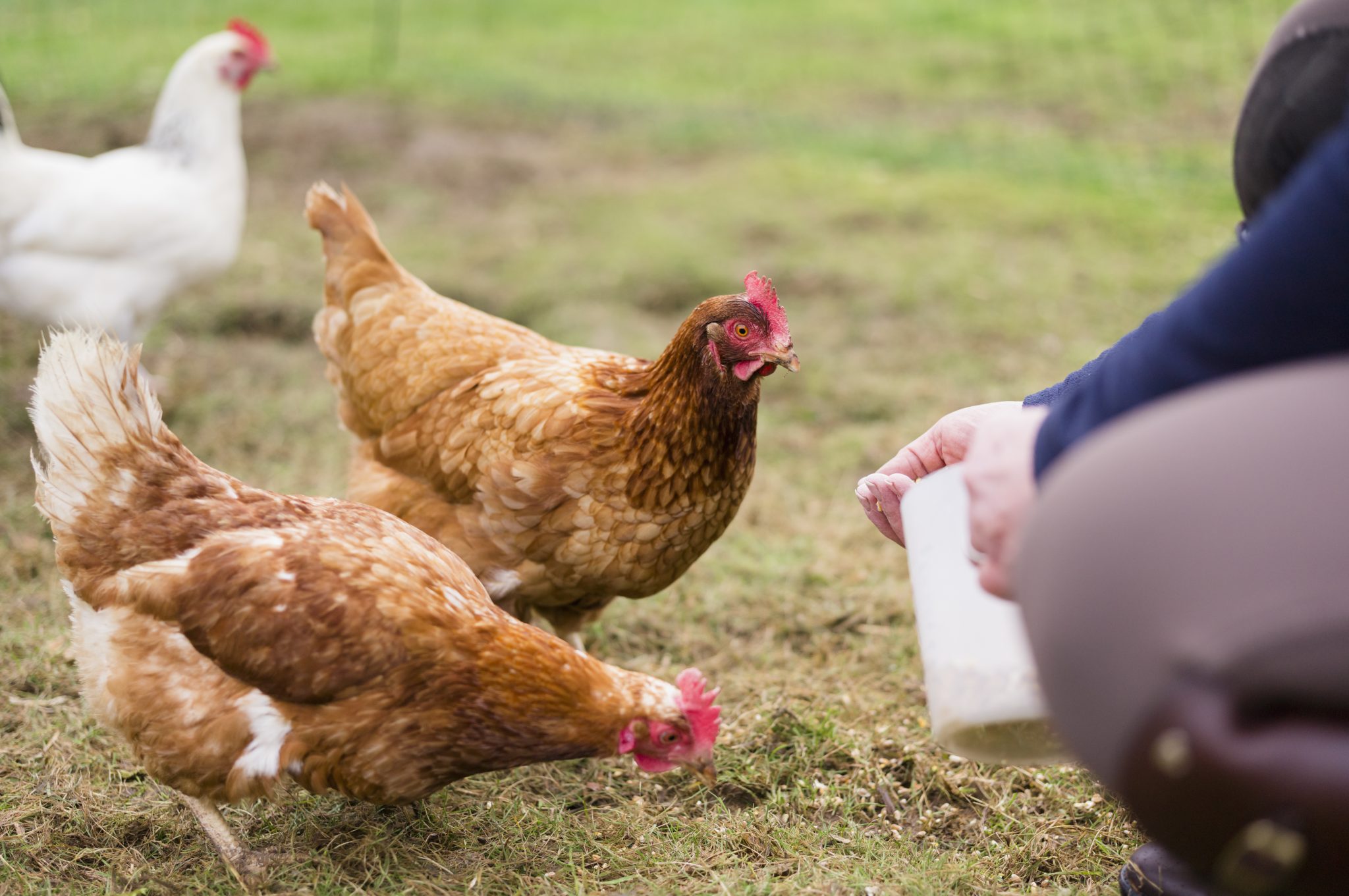
Fresh Food:
- Provide fresh, high-quality feed that is tailored for the age of the chicken.
- Offer a variety of grains and seeds, as well as greens and other vegetables.
- Include healthy treats such as mealworms and live insects.
- Supply access to clean, fresh water at all times.
Supplements:
- Provide a calcium supplement such as oyster shell to ensure healthy egg production.
- Offer a nutritional supplement to ensure a balanced diet.
- Give a vitamin supplement to boost nutrition.
Limiting Treats:
- Limit treats to prevent obesity, while still providing enrichment.
- Avoid too many sugary treats as these can lead to health problems.
Housing and Enclosures for Old Chickens
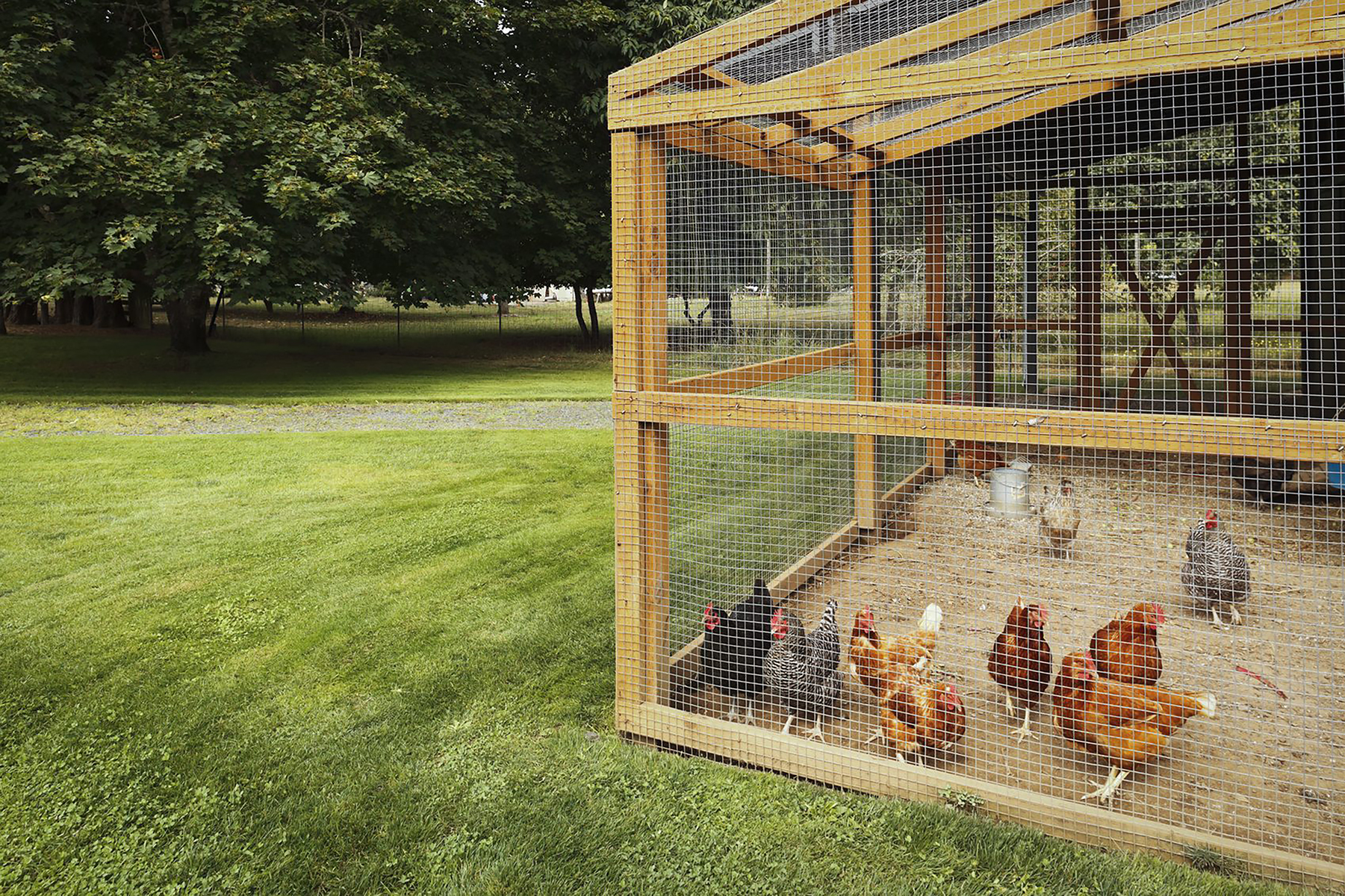
Old chickens have special needs when it comes to housing and enclosures. In general, elderly chickens need more protection from the elements and predators than younger birds. A coop and run should be designed to keep out predators and provide a comfortable environment for the birds.
A typical coop design should include a roosting area, nesting boxes, and a shelter area. Roosts should be placed high enough to allow the chickens to move freely and be comfortable in the roosting area. Nesting boxes should be placed at a comfortable height and provide enough space for the chickens to lay their eggs. The shelter area should have a secure roof and walls that provide protection from the elements, predators, and drafts.
The run should be large enough for the chickens to move freely and forage for food. It should also be enclosed to protect the birds from predators. The floor should be covered in bedding such as straw or wood shavings to provide warmth and cushioning during the cold winter months.
If possible, the enclosure should also include a covered area where the chickens can get out of the direct sun and wind. This area should be outfitted with a few roosts to give the chickens a place to rest.
Finally, the enclosure should be cleaned regularly to maintain a healthy environment for the birds. Proper hygiene is essential to ensure the birds remain healthy and comfortable.
| Housing Feature | Description |
|---|---|
| Roosting Area | A high perch for the chickens to move freely and be comfortable. |
| Nesting Boxes | Placed at a comfortable height and provide enough space for the chickens to lay their eggs. |
| Shelter Area | Secure roof and walls that provide protection from the elements, predators, and drafts. |
| Run | Large enough for the chickens to move freely and forage for food. Enclosed to protect the birds from predators. |
| Covered Area | A place for the chickens to get out of the direct sun and wind. Outfitted with a few roosts to give the chickens a place to rest. |
Common Diseases and Health Concerns in Old Chickens
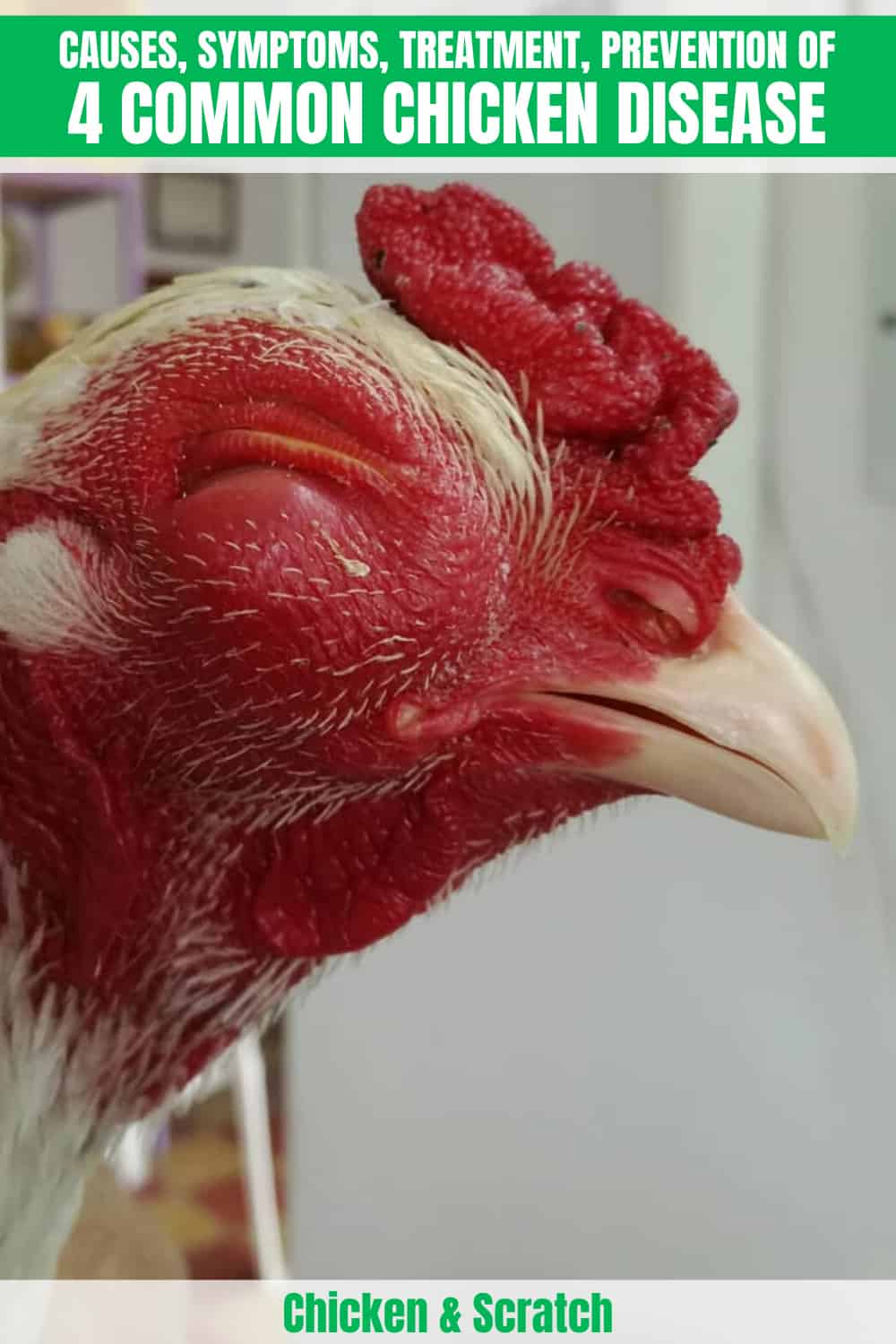
Bumblefoot is an infection caused by a bacteria that enters the foot pad of an older chicken. It is characterized by an inflamed and scabbed area, and can be treated with antibiotics.
Coccidiosis is a common intestinal tract infection in older chickens. It is caused by a parasite and can cause lethargy, loss of appetite, and diarrhea. Treatment includes medication and management of the environment.
Fowlpox is a viral infection that is spread by contact with an infected bird. Symptoms can include lesions on the comb, wattles, and eyelids, as well as difficulty breathing. Vaccination is the only available treatment.
Infectious Bronchitis is an airborne viral infection that affects chickens of all ages. Symptoms include coughing, sneezing, and a decreased appetite. Treatment includes antibiotics and supportive care.
Marek’s Disease is a fatal virus that affects chickens of all ages. Symptoms can include paralysis of the legs and wings, as well as tumors. Vaccination is the only effective treatment.
Newcastle Disease is a contagious virus that affects chickens of all ages. Symptoms can include paralysis, respiratory problems, and decreased egg production. Vaccination is the only available treatment.
Vent Gleet is an infection caused by a bacteria that affects the vent of an older chicken. It is characterized by inflammation, swelling, and a yellowish discharge. Treatment includes antibiotics and a clean environment.
Common Behavior Issues with Old Chickens
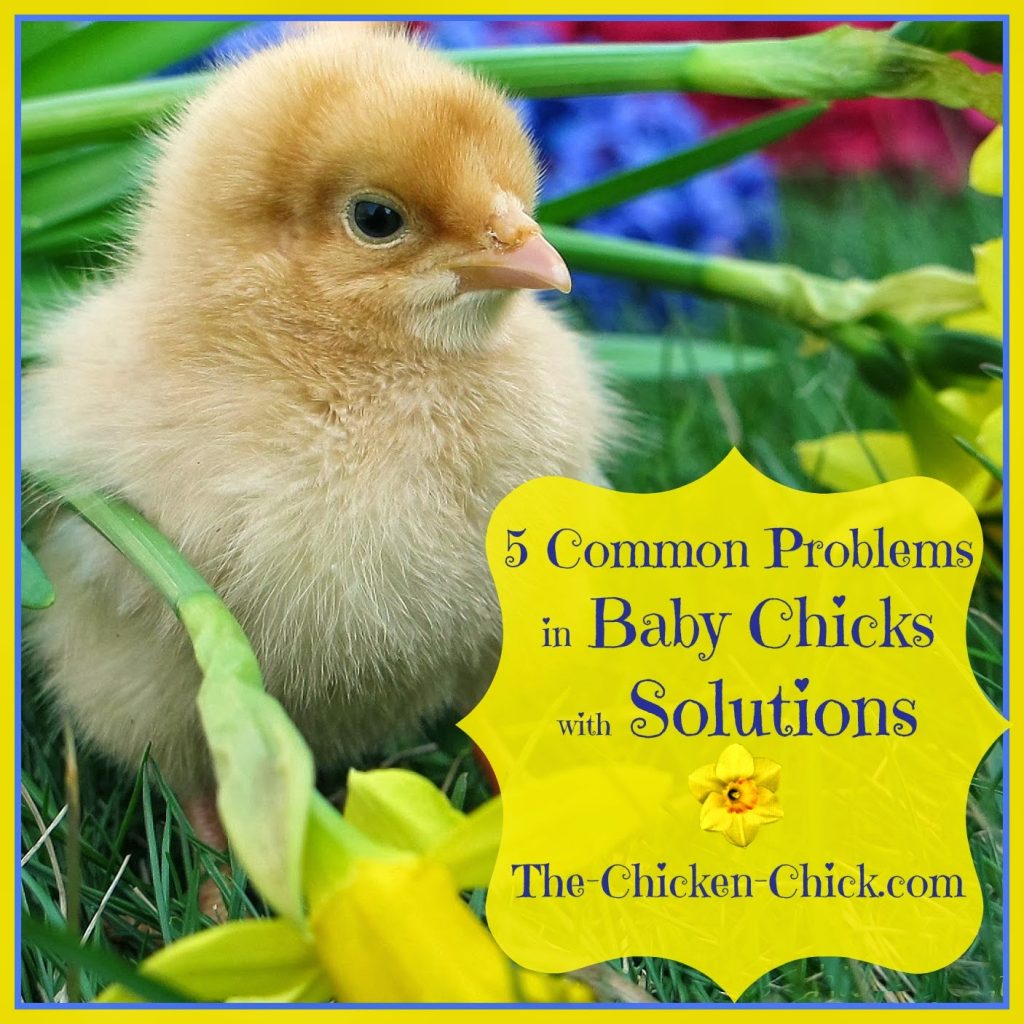
Aggression – Old chickens are more likely to become aggressive, attacking younger chickens and other animals.
Egg Laying – The egg-laying capacity of old chickens declines, leading to fewer eggs being laid.
Lethargy – Old chickens often become more lethargic, spending much of their time resting.
Plucking – Old chickens are more likely to pluck their own feathers, leading to bald patches.
Feather Picking – Older chickens may also pick feathers from other birds in the flock.
Pecking – Older chickens may also become more aggressive, pecking at other birds in the flock.
Feather Loss – Due to old age, chickens may lose feathers, leading to bald spots.
Roughness – Old chickens may also become more rough with younger chickens, leading to injury.
Breeding Old Chickens
- Old Chickens Can Still Produce Eggs: Chickens can lay eggs well into their senior years, although the number of eggs they lay and the size of the eggs may decrease.
- Old Chickens Can Still Breed: Old roosters can still breed, and hens can be safely bred at any age. However, it is important to consider the health of the birds before breeding them.
- Carefully Monitor the Health of Breeding Chickens: It is important to monitor the health of older chickens especially when they are being bred. It is best to avoid breeding older chickens with younger chickens to prevent overworking the older birds.
- Eggs from Older Birds Should Be Handled with Care: Eggs from older chickens may be more delicate, so it is important to handle them with care. It is best to place them in an incubator to ensure they are properly incubated and hatched.
- Be Prepared for Lower Production Rates: Older chickens may produce fewer eggs than younger chickens, so it is important to be prepared for a lower rate of production.
Frequently Asked Questions
How Often Should I Check for Signs of Disease in My Old Chickens?
- Regularly: Check your flock at least once a week, or every other day for signs of disease or illness. Look for any changes in behaviour, physical appearance, or respiratory activity.
- When introducing new birds: When adding new birds to your flock, it’s important to closely monitor them for signs of disease. Quarantine new birds for a period of time to ensure they are healthy and free from any contagious diseases.
- At least once a year: Have your flock seen by a vet at least once a year for a thorough physical examination. This is especially important for older birds, as they may be more susceptible to disease.
- During stressful times: Chickens can become more susceptible to disease during times of stress, such as when they’re molting or when the weather changes. Check your flock more frequently during these times and take note of any changes in behavior or physical appearance.
Is it safe to keep older chickens with younger chickens?
Yes, it is generally safe to keep older chickens with younger chickens, provided the chickens are all healthy. However, it is important to be aware of the potential risks, such as introducing diseases or aggression between the chickens.
- Ensure the chickens are all healthy and free of disease or parasites.
- Provide adequate space for the chickens to live without overcrowding.
- Monitor the chickens closely for signs of aggression, such as pecking or fighting.
- Provide separate feeders to ensure the older chickens do not eat more than their share.
- Provide a variety of perches so that the chickens can choose to be apart from each other.
- Allow for dust baths and other activities to reduce stress.
By following these steps, it is safe to keep older and younger chickens together. However, it is important to monitor the chickens closely and take action if any signs of aggression or disease appear.
What Food Should I Provide for My Old Chickens?
Old chickens need a diet that is high in protein and calcium. A commercial layer feed that is specially formulated for older birds is recommended. You should also supplement the diet with plenty of fresh fruits and vegetables, such as greens, carrots, and squash. Mealworms are also a great source of protein for older chickens. You should also provide free-choice oyster shell for added calcium. Avoid giving old chickens too much grain as this can lead to obesity.
How can I help my old chickens stay active?
Provide your old chickens with plenty of space for exercise and stimulation. Add perches and scratching posts to their coop to keep them active. Provide them with toys to keep them entertained, such as hanging mirrors, balls, and other objects. Make sure to keep feed and water areas clean, and offer a variety of different foods to keep their diet interesting. Provide a dust bath or sandpit area to keep their feathers and skin healthy. Offer fresh grass and plants, as well as plenty of grit, to help them stay healthy. Finally, provide them with plenty of love and attention, as this will help them feel secure and happy.
What are the Signs of an Old Chicken Needing Extra Care?
Old chickens may be slower, have difficulty moving around, have difficulty standing up, be uninterested in food, and have dull feathers. They may also lay fewer eggs and be more susceptible to diseases and parasites. Old chickens should be provided with extra nutrition, warm and dry bedding, and protection from predators. Additionally, they should be monitored for any signs of distress or illness.
Conclusion
When it comes to chicken husbandry, it is important to be aware of the age and health of your chickens. It is important to ensure that your chickens are provided with proper nutrition and exercise so that their health remains in good condition. Additionally, when chickens reach the end of their lives, it is important to properly dispose of them. Knowing how to humanely euthanize a chicken and what to do with its remains is an important part of chicken husbandry.
